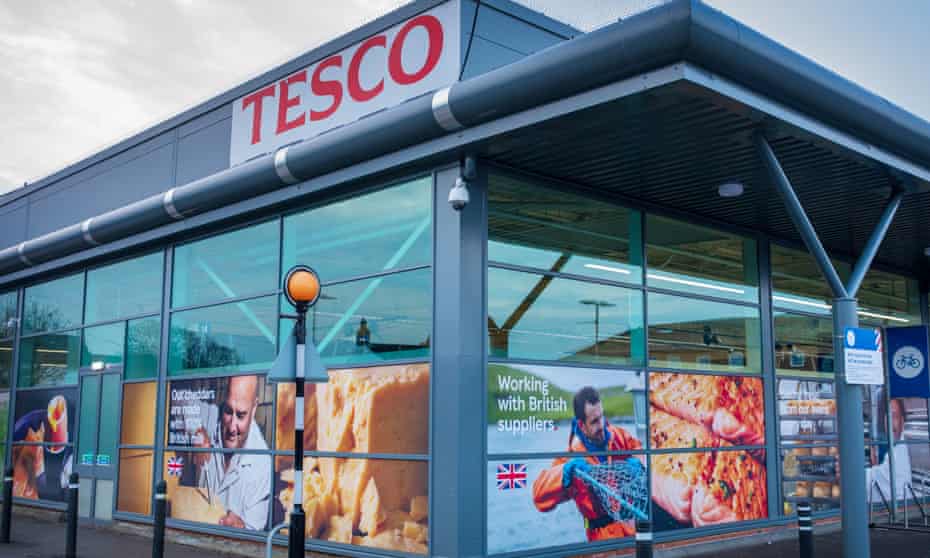In what Tesco described as an “incredibly tough year for customers,” the retailer’s profits dropped by half to £753 million last year as it battled “significant operating cost inflation” and wrote down the value of some properties, Entrepreneurng report.
The largest retailer in the UK reported that sales increased 7.2% to £65.7 billion in the year to 25 February, including a 3.3% gain at its UK supermarkets, but that it had sold fewer items because customers were making more deliberate choices to manage their budgets as a result of price increases.
Read Also: Trending News: The Business Facilitation Act Will Make Doing Business Easier – Experts
Food sales in the UK increased by 4.6% during the year, driven primarily by the group’s own-label product lines. Sales of the premium Finest and the least expensive “Exclusively at Tesco” lines both increased by close to 7%.
The grocer said that sales volume had decreased, in part because customers were using up leftovers and wasting less food, and in part because they changed their behavior once Covid limits were relaxed and began eating out more frequently.
Read Also: Research: How Can The Government Reduce Red Tape And Boost Funding For SMEs?
As it committed to “prioritizing investment in our customer offer while doing everything we can to offset the impact of ongoing elevated cost inflation,” Tesco, which owns the Booker grocery wholesaler and operates stores in eastern Europe and Ireland in addition to the UK, expects underlying operating profit to remain flat in the upcoming year.
Tesco and the other major grocery chains are suffering as a result of having to maintain low pricing in the face of significant cost inflation and fierce competition from bargain stores like Aldi, Lidl, and B&M.
Read Also: New Update: UK Businesses Fear The Worst As The Government’s Help For Energy Bills Comes To An End
A £982 million write-down on the value of buildings and a restructuring cost of £138 million, which included hundreds of job losses when the retailer closed its fresh food kiosks in stores, also hurt profits.
Read Also: The World Wealthiest Person Hits Around $200 Billion Worth – Bernard Arnault
In conclusion, following strong lockdown-related sales during the first half of the previous year, Tesco’s sales of clothes and household goods declined in the UK. As customers started going back to their favorite stores, online sales decreased by 5.4%. Tesco claimed, however, that its Whoosh fast-track shopping service was proving to be popular and that it currently ran from 1,000 locations, 200 more than initially anticipated.
Source: The Guardian


